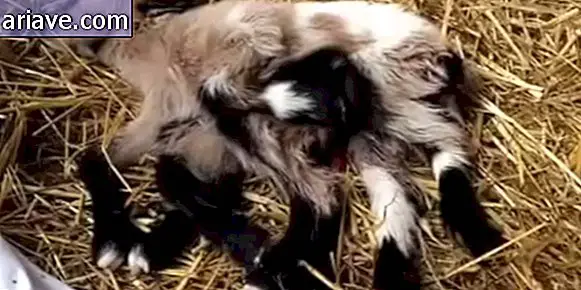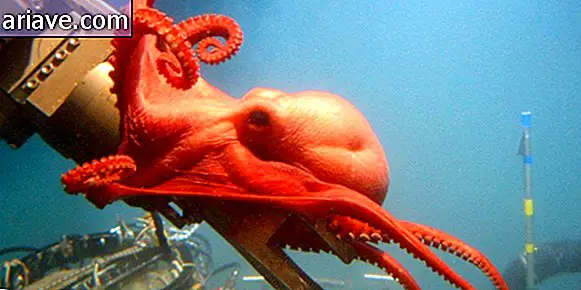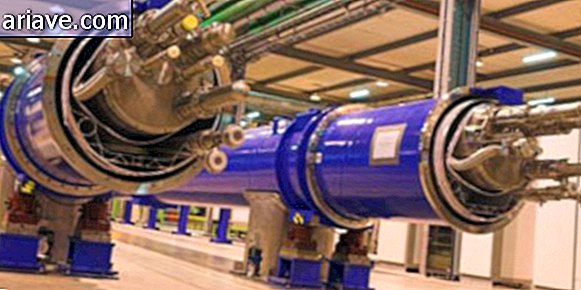Why does human gestation last nine months?

One of the differences between human babies and those of other animals is the fact that small children need continuous care over a long period of time. And science already knows that this is the result of a short gestation, which results in an "incomplete" brain.
For human babies to be born independent like other animals, the mother would have to endure a gestation of 18 to 21 months - which is not really possible.
Until recently, the size of the pelvis was thought to interfere with pregnancy time. That is, the body structure of the woman could not support such a large pregnancy, because her body could not accommodate a very large baby.
However, new research by researchers at the University of Rhode Island is changing this theory ...
Larger babies cost the mother dearly
First, it has been observed that a woman's basin has developed to adapt to the size of developing fetuses. That way she could walk and continue her activities normally - that is, the structure of the bones does not interfere with pregnancy as previously thought.
The biggest factor that prevents a long pregnancy is the calorie consumption by the baby. After nine months of gestation, the child begins to consume a large amount of “energy” so that the mother cannot support both bodies.
Thus, the development of the fetus must be stopped or he and the mother would die for lack of nutrients. Therefore, the solution arranged by "nature" is the development outside the woman's organism, sustained by the child's metabolism.
However, this hypothesis is still being studied to be really proven before the scientific community.
Source: Scientific American











